VW ID.4 vs BYD Atto 2 - Differences and prices compared
Compare performance (340 HP vs 177 HP), boot space and price (34600 £ vs 27400 £) at a glance. Find out which car is the better choice for you – VW ID.4 or BYD Atto 2?
Costs and Efficiency:
When it comes to price and running costs, the biggest differences usually appear. This is often where you see which car fits your budget better in the long run.
BYD Atto 2 has a evident advantage in terms of price – it starts at 27400 £, while the VW ID.4 costs 34600 £. That’s a price difference of around 7152 £.
In terms of energy consumption, the advantage goes to the VW ID.4: with 15.60 kWh per 100 km, it’s hardly perceptible more efficient than the BYD Atto 2 with 16 kWh. That’s a difference of about 0.40 kWh.
As for range, the VW ID.4 performs decisively better – achieving up to 569 km, about 257 km more than the BYD Atto 2.
Engine and Performance:
Power, torque and acceleration are the classic benchmarks for car enthusiasts – and here, some clear differences start to show.
When it comes to engine power, the VW ID.4 has a significantly edge – offering 340 HP compared to 177 HP. That’s roughly 163 HP more horsepower.
In acceleration from 0 to 100 km/h, the VW ID.4 is decisively quicker – completing the sprint in 5.40 s, while the BYD Atto 2 takes 7.90 s. That’s about 2.50 s faster.
In terms of top speed, the VW ID.4 performs somewhat better – reaching 180 km/h, while the BYD Atto 2 tops out at 160 km/h. The difference is around 20 km/h.
There’s also a difference in torque: VW ID.4 pulls clearly stronger with 679 Nm compared to 290 Nm. That’s about 389 Nm difference.
Space and Everyday Use:
Beyond pure performance, interior space and usability matter most in daily life. This is where you see which car is more practical and versatile.
Both vehicles offer seating for 5 people.
In curb weight, BYD Atto 2 is noticeable lighter – 1570 kg compared to 1975 kg. The difference is around 405 kg.
In terms of boot space, the VW ID.4 offers distinct more room – 543 L compared to 400 L. That’s a difference of about 143 L.
In maximum load capacity, the VW ID.4 performs slightly better – up to 1575 L, which is about 235 L more than the BYD Atto 2.
When it comes to payload, VW ID.4 clearly perceptible takes the win – 551 kg compared to 410 kg. That’s a difference of about 141 kg.
Who comes out on top?
Overall, the VW ID.4 shows itself to be dominates this comparison and secures the title of DriveDuel Champion.
It convinces with the more balanced overall package and proves to be the more versatile choice for everyday use.
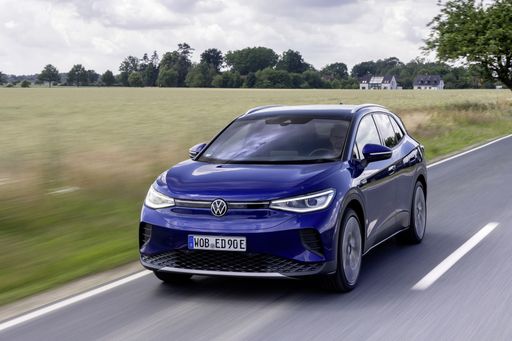
VW ID.4
Costs and Consumption
View detailed analysis
Engine and Performance
View detailed analysis
Dimensions and Body
View detailed analysis
VW ID.4
The VW ID.4 is a calm, roomy electric SUV that turns everyday driving into a quietly confident experience, its practical packaging and smooth manners tailored perfectly for family life. Volkswagen's solid build and intuitive interior tech mean you get electric practicality without the sci‑fi theatrics, making the ID.4 a sensible, surprisingly likable choice for most buyers.
details
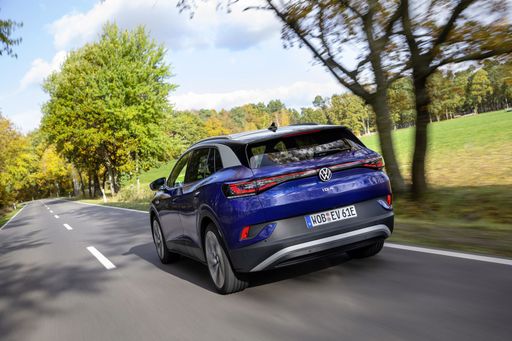
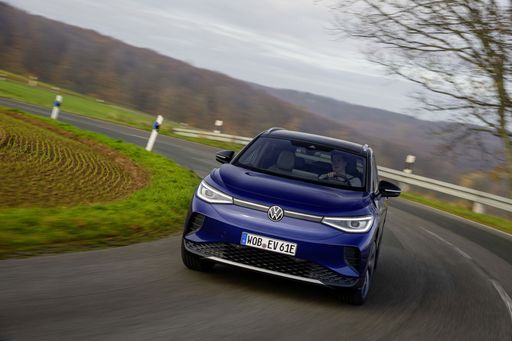
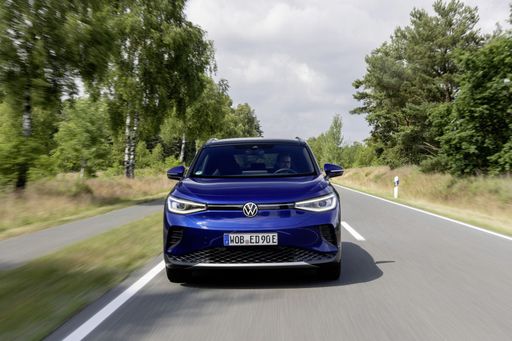
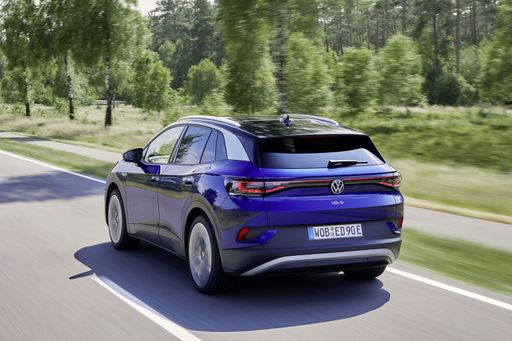

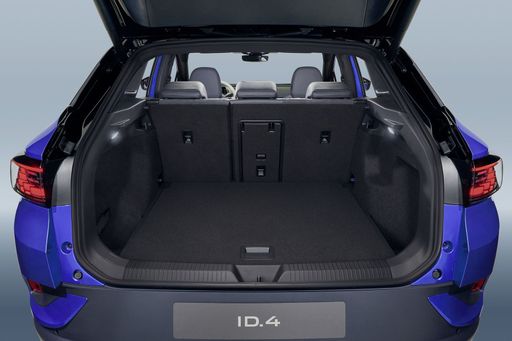
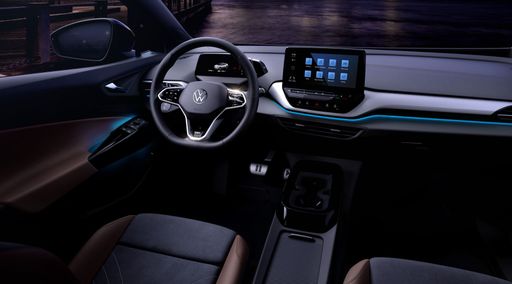
BYD Atto 2
The Atto 2 is making waves in the electric vehicle market with its sleek design and impressive range. This innovative model combines cutting-edge technology with captivating aesthetics, making it a standout choice for eco-conscious drivers. With its spacious interior and advanced features, the Atto 2 offers both comfort and convenience for everyday use.
details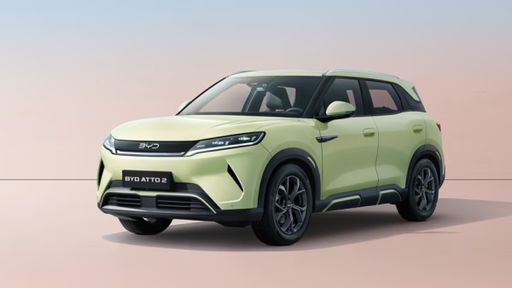
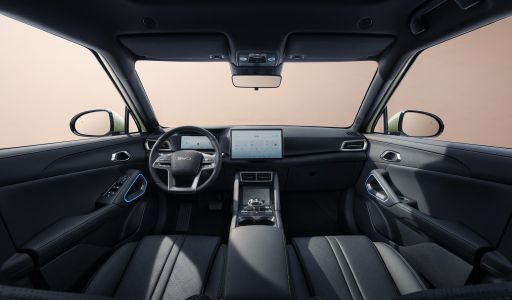

|

|
|
|
|
Costs and Consumption |
|
|---|---|
|
Price
34600 - 47200 £
|
Price
27400 - 30000 £
|
|
Consumption L/100km
-
|
Consumption L/100km
-
|
|
Consumption kWh/100km
15.6 - 17 kWh
|
Consumption kWh/100km
16 kWh
|
|
Electric Range
356 - 569 km
|
Electric Range
312 km
|
|
Battery Capacity
52 - 77 kWh
|
Battery Capacity
-
|
|
co2
0 g/km
|
co2
0 g/km
|
|
Fuel tank capacity
-
|
Fuel tank capacity
-
|
Dimensions and Body |
|
|---|---|
|
Body Type
SUV
|
Body Type
SUV
|
|
Seats
5
|
Seats
5
|
|
Doors
5
|
Doors
5
|
|
Curb weight
1975 - 2248 kg
|
Curb weight
1570 kg
|
|
Trunk capacity
543 L
|
Trunk capacity
400 L
|
|
Length
4582 - 4584 mm
|
Length
4310 mm
|
|
Width
1852 mm
|
Width
1830 mm
|
|
Height
1619 - 1634 mm
|
Height
1675 mm
|
|
Max trunk capacity
1575 L
|
Max trunk capacity
1340 L
|
|
Payload
511 - 551 kg
|
Payload
410 kg
|
Engine and Performance |
|
|---|---|
|
Engine Type
Electric
|
Engine Type
Electric
|
|
Transmission
Automatic
|
Transmission
Automatic
|
|
Transmission Detail
Reduction Gearbox
|
Transmission Detail
Reduction Gearbox
|
|
Drive Type
Rear-Wheel Drive, All-Wheel Drive
|
Drive Type
Front-Wheel Drive
|
|
Power HP
170 - 340 HP
|
Power HP
177 HP
|
|
Acceleration 0-100km/h
5.4 - 9 s
|
Acceleration 0-100km/h
7.90 s
|
|
Max Speed
160 - 180 km/h
|
Max Speed
160 km/h
|
|
Torque
310 - 679 Nm
|
Torque
290 Nm
|
|
Number of Cylinders
-
|
Number of Cylinders
-
|
|
Power kW
125 - 250 kW
|
Power kW
130 kW
|
|
Engine capacity
-
|
Engine capacity
-
|
General |
|
|---|---|
|
Model Year
2023 - 2025
|
Model Year
2025
|
|
CO2 Efficiency Class
A
|
CO2 Efficiency Class
A
|
|
Brand
VW
|
Brand
BYD
|
Is the VW ID.4 offered with different drivetrains?
Available configurations include Rear-Wheel Drive or All-Wheel Drive.
The prices and data displayed are estimates based on German list prices and may vary by country. This information is not legally binding.
